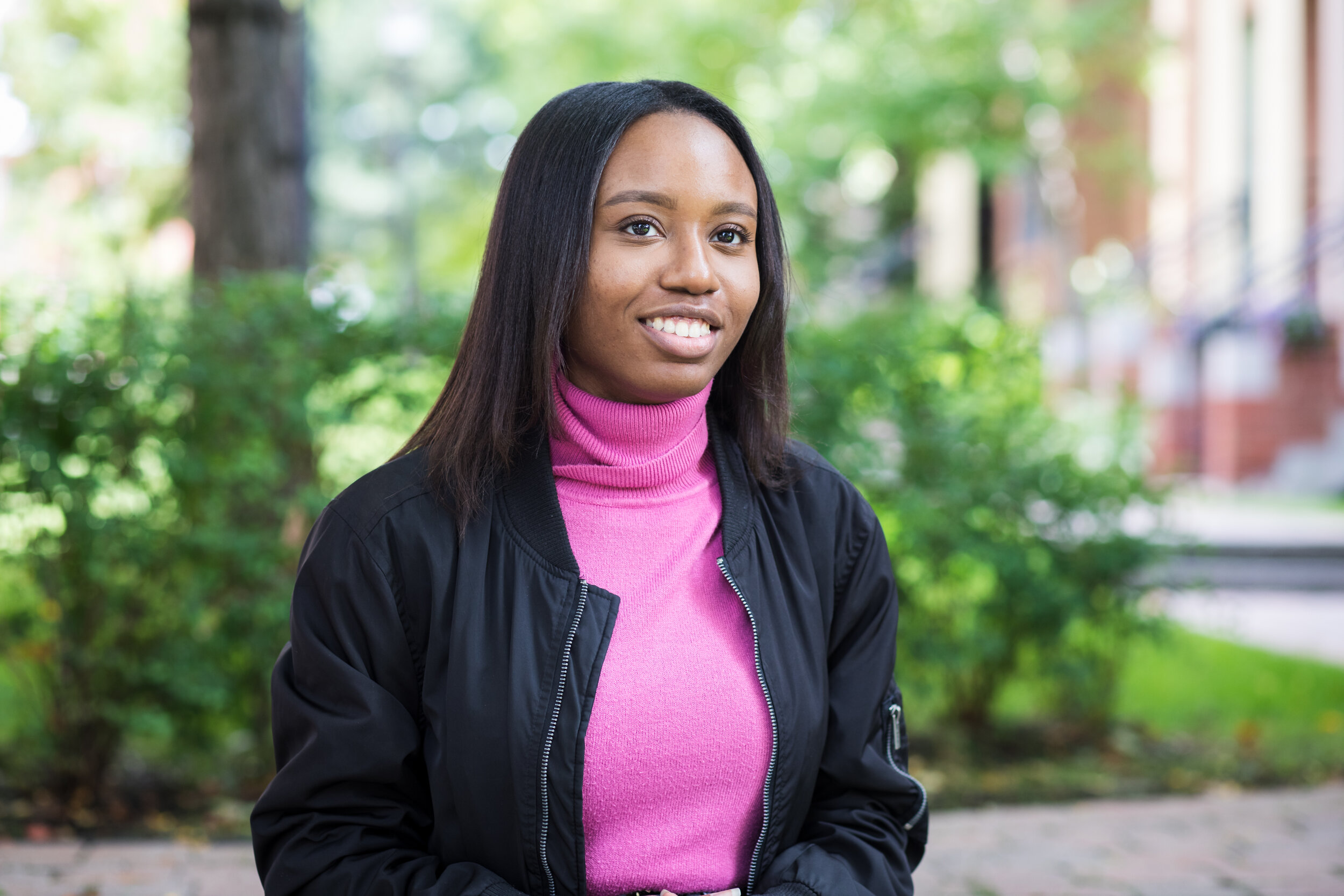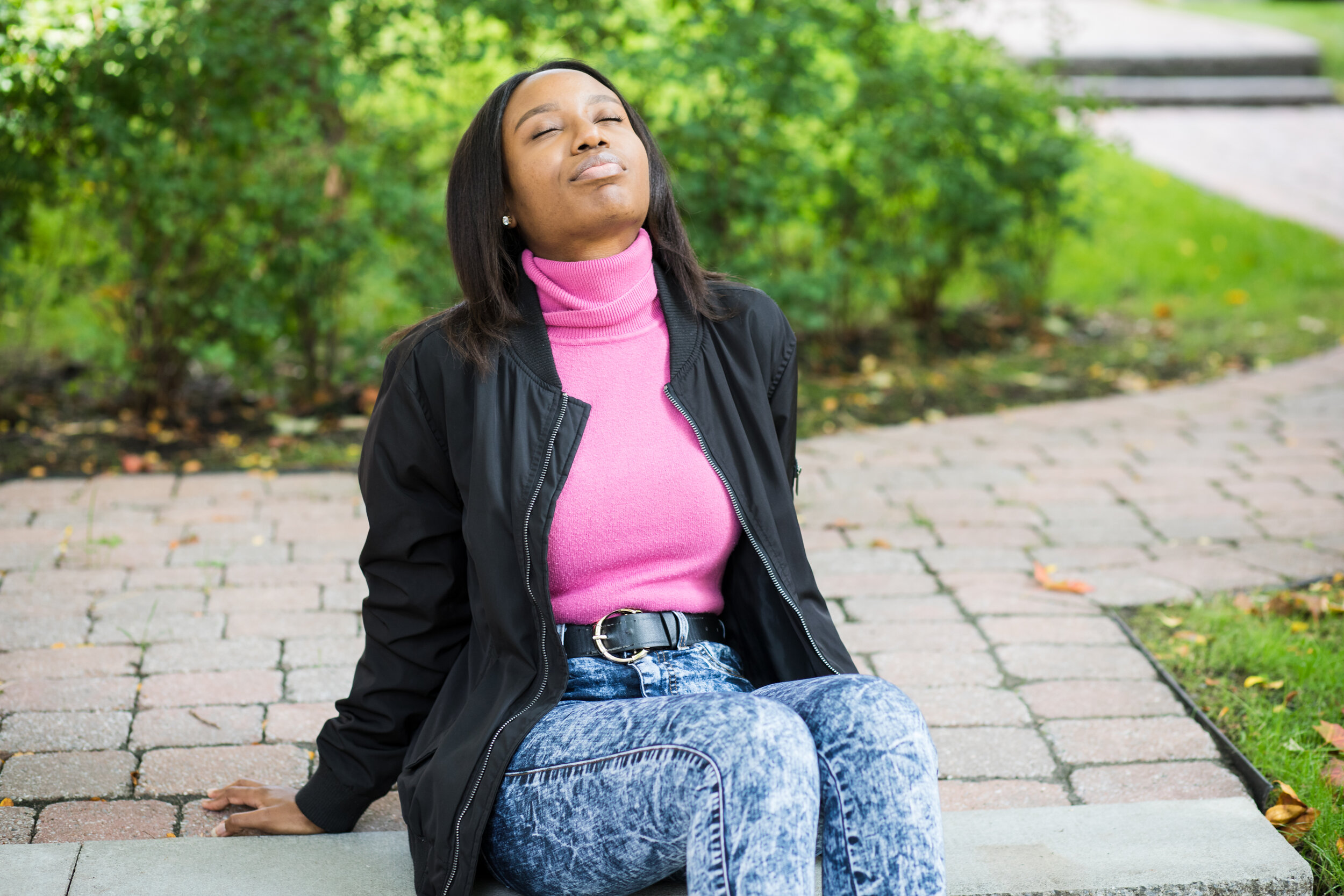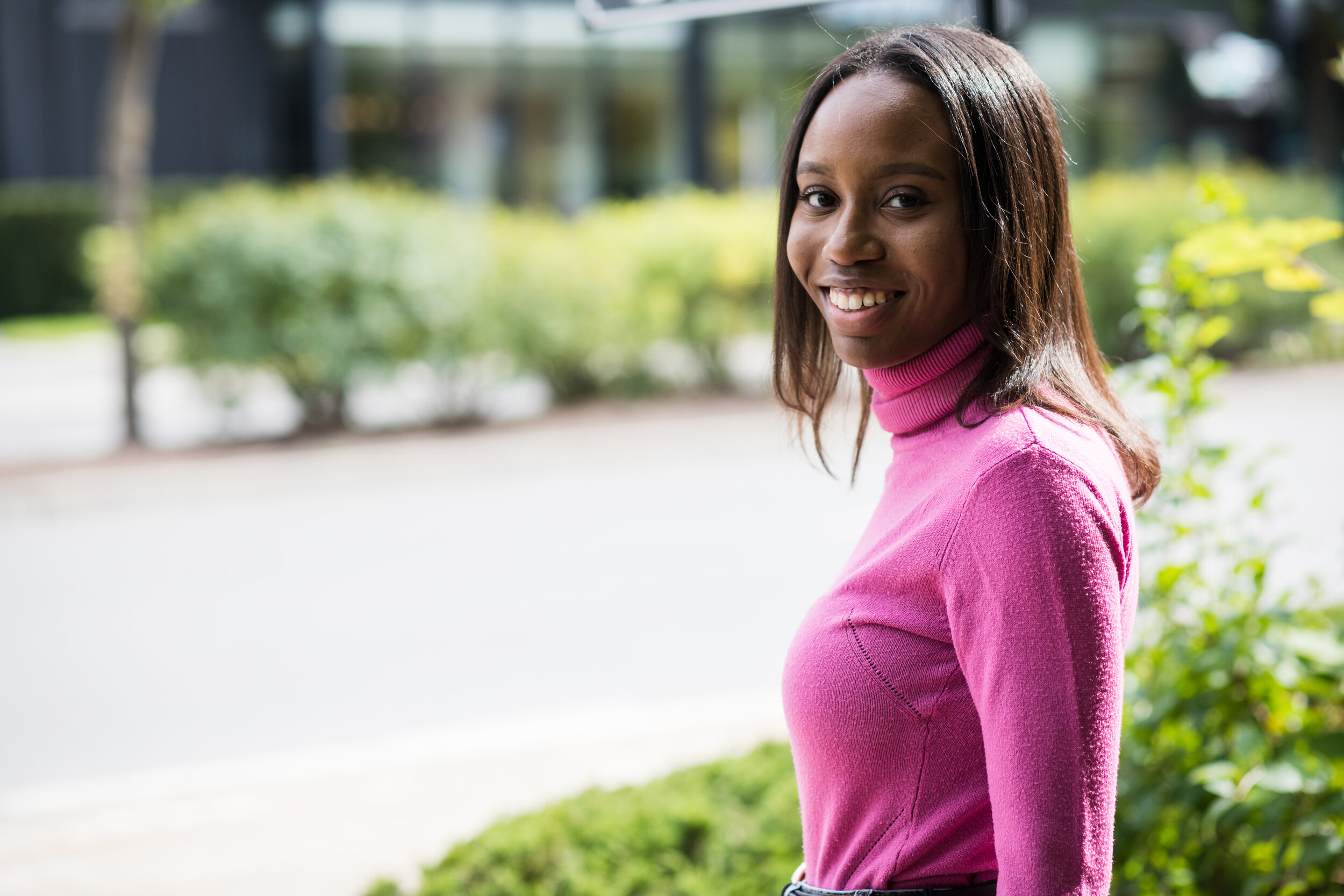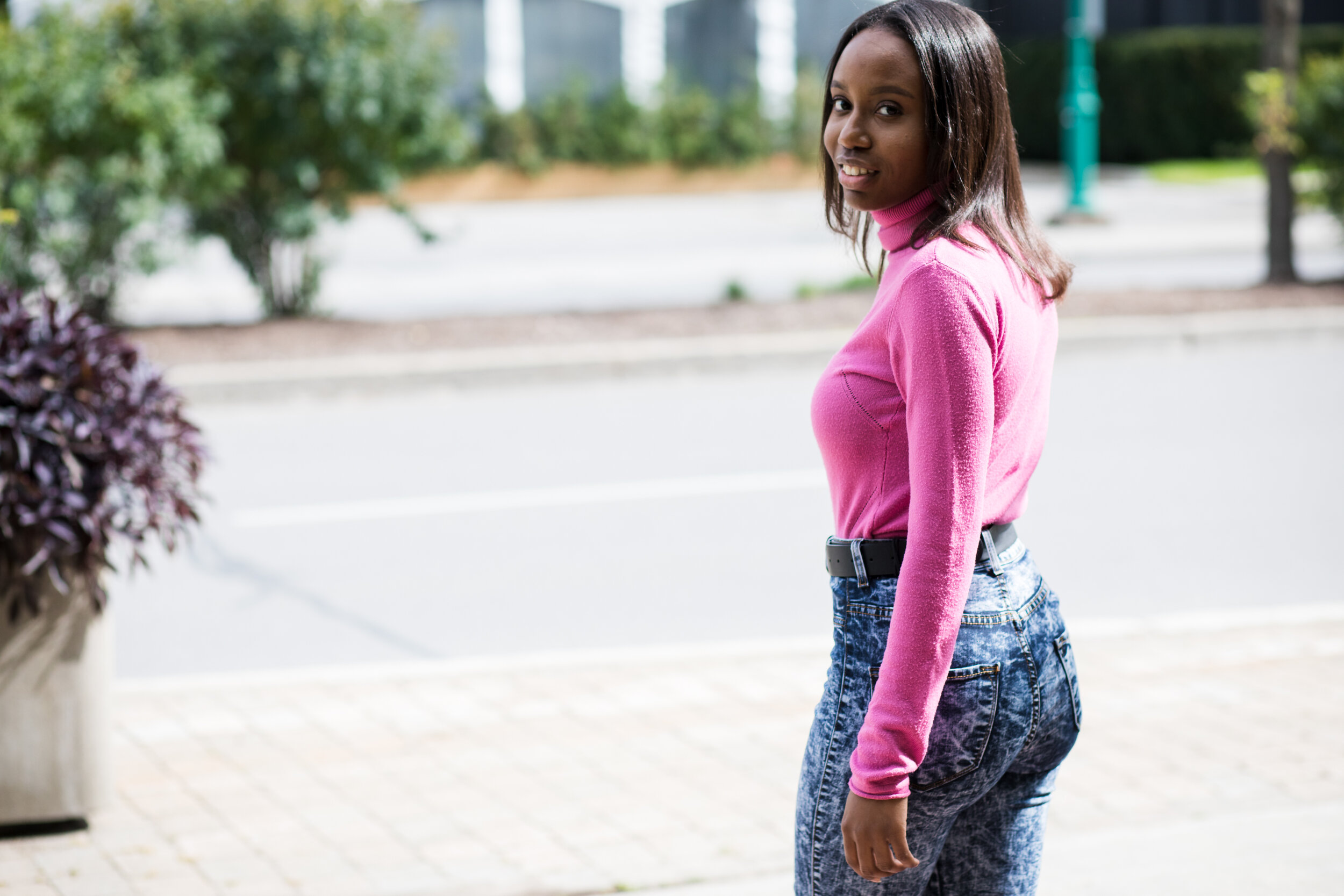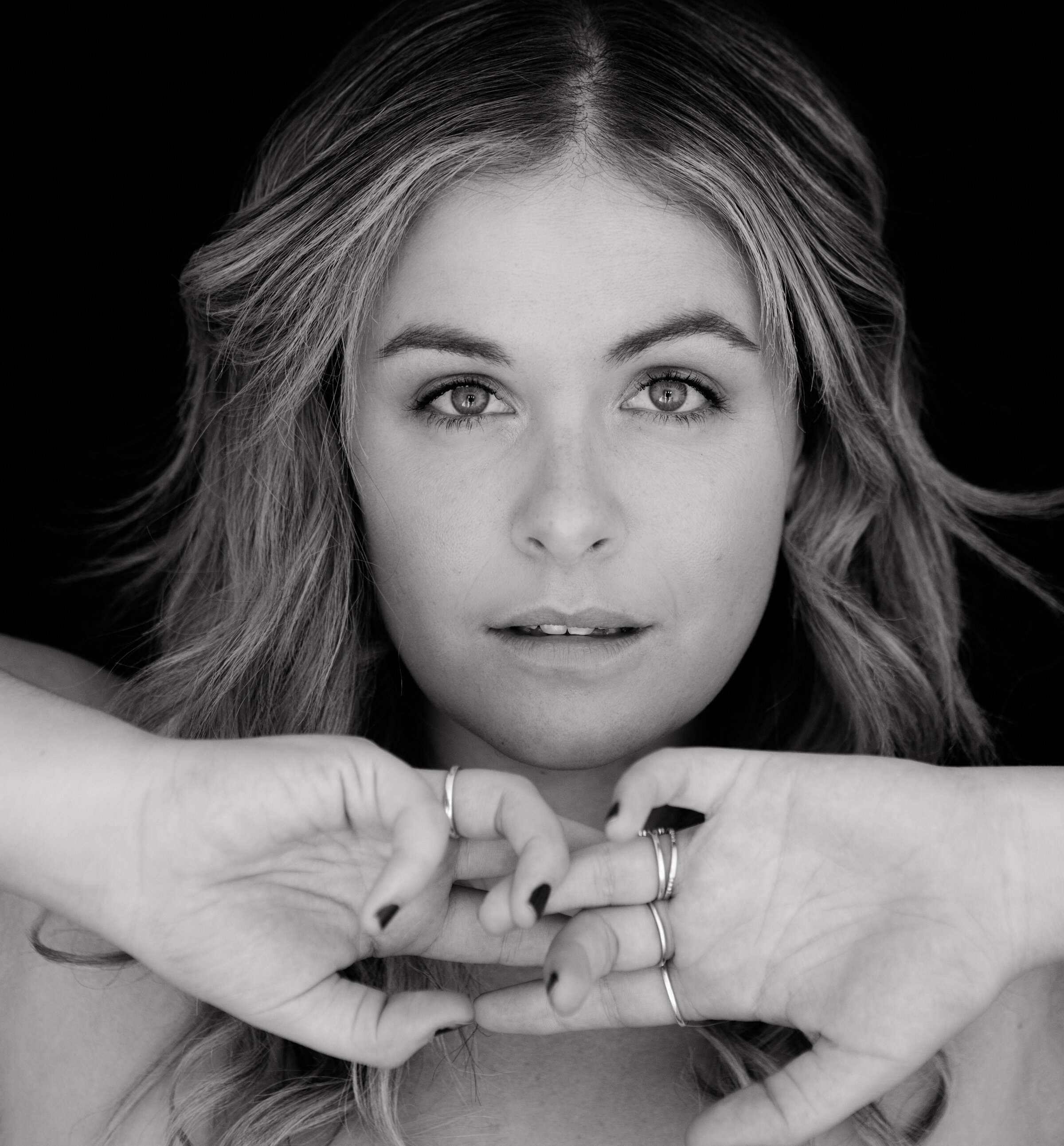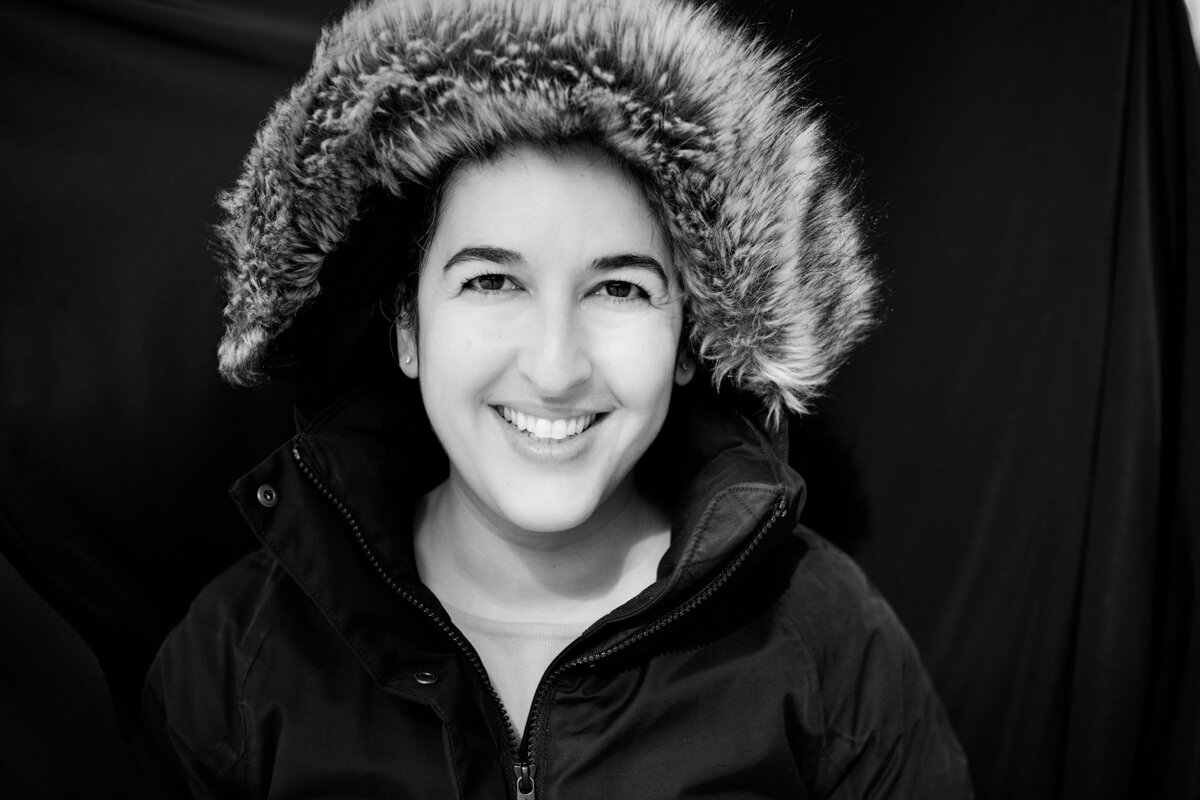A Fully Formed Being
Written by Alecs Kakon
Photos by Jen Fellegi
Most of us don’t know who we are. We intimate, we self-create, we arm our uncertainty with beliefs and values, we prescribe to the illusion that age is an approximate for wisdom; we aggregate life experience, and as we do, we have this veil of certitude—or perhaps it is true recognition of a self—but, none of us know, truly know, who we are. We are all incomplete beings, because it is my estimation that just as we know who we are, our consciousness of knowing alters the self, and just like that, we don’t know all over again. Identity: a paradox. We are all caught up in this belief that we are incomplete beings on the way to full formation, but the truth is, or at least my truth is, that we are all always in process. Constant flux. Alas, we are just people, and people need stories to bungee them to meaning, because meaning forms a sense of self, helps us fulfill a sense of purpose, gives us a sense of belonging. If you stop to truly think about who you are, let your mind suspend out of your body and wade in the image, what you’ll notice is that identity is ephemeral. Knowing that you’ll never know is the only certitude you might ever have. These existential thoughts bloat my mind just as they do the young minds of every person who is coming of age, it’s that Caulfieldesque rite of passage in a sense. Who am I? Like a corset’s ropes being pulled and tightened around your body, the idea of not knowing creates a tension that makes it impossible to move in any one deliberate direction. Be someone. But what does that mean? To be someone. Are we ever static beings? Aren’t we always becoming? Constantly changing, growing, evolving, swapping one characteristic out for another and back again interminably. If we ever are complete beings, how would we know? Sitting down with Sade, this notion of assembling a sense of self came up time and again. We spoke about what it means to know who you are, how the world at large plays a role in the formation of her identity, and how the relationships in her life have contributed to the true becoming of Sade.
Born in Montreal in 1994, Sade is at the sentient age when her life experiences are starting to create a narrative, all pointing toward a bigger purpose. The struggle is discerning that purpose. Growing up in a home with a single parent brought deep friendship for Sade and her mother. Learning explicit lessons like “you can’t control what other people feel when they see your colour, all you can do is love yourself,” was a message that formed the fabric of her upbringing. Sade learned that people will hate, but she must not let hate become a barrier between herself and her potential. Her mother has also taught her more implicit lessons about success and happiness. “My mom is a huge role model for me – I’ve written so many essays about her. She’s so inspiring. She’s done so much and accomplished so much. She owns two homes and wants to own a third. She put me through school at McGill and I can’t imagine how she did it – how I have no debt after all these years! I don’t know how she does it.” Sade recalls a time when she was little, about 4 years old, when she was sent back to St Vincent to spend a year with her mother’s family. “It was hard for her to work a full-time job here and take care of a toddler, so she sent me back to live with my aunt and all my cousins. I was surrounded by family and community,” Sade describes. “I have a brother here, and although we are close friends now, we didn’t grow up together because of the 21-year age gap. He didn’t quite fill that father role for me, so I definitely felt and feel the absence. Even when I go back to the islands, I don’t see him much, because he lives in Antigua and my mother’s family lives on another island. I always had access to him, but I just don’t know what kind of relationship I want moving forward. I’m still figuring that out.” So much of who we are is garnered by the relationships we have with the people around us. They reflect our values back at us, they challenge our beliefs—further rooting us in our convictions—, they show us the limits and then they help us surpass them. This is true of Sade’s group of friends, her mother and brother, her family at large, and her boyfriend of 7 years. It’s even true of her father, “We are so different. Sometimes we could argue over the phone about something and I think he is being stubborn in his opinions, and then I think, well so am I.”
Currently in her second year at McGill University in Law School, Sade has always known that she wanted to work in the legal field. One major reason she claims that the law always called to her was, “when you don’t know your rights, the law can be used against you. I learned that early on. Growing up, I saw a lot. The police interact with people of colour differently, and even though the world is finally waking up to that now, it’s a reality we’ve always known. There have been so many incidents where I’ve been discriminated against. Most recently, I was at the mall with my boyfriend to buy popcorn for our movie night. We were approached by 5 cops and mall security, because my boyfriend fit the description of someone who stole a car. They took his info and said they’d investigate him. That’s the thing though, it’s always because we ‘fit the description.’ You have no idea how many times I’ve heard that term. It’s so embarrassing being surrounded, people staring thinking we stole something, like we are criminals. I know it’s because of my colour.” Sade’s first encounter with racism dates back to her formative years. “When I was about 5 or 6 I lived in a building and played with this little girl in another apartment. We always played in common areas, but one day, I went back to her place. Her mom said she couldn’t play with me anymore because I was black. We weren’t allowed to play anymore.”
Saturated with discrimination, it takes thick skin to be able to swallow the anger that wells in her throat when she speaks of the injustice in the world. “This past year has been an emotional time. When I watch social media and consistently see violence against people who look like me, it’s a lot to process. I see these videos and I think ‘that’s my brother, that’s my sister, that could be me.’ When you are a person of colour and you see all of this happening, you process it in a very different way. I can’t imagine being in my apartment, sleeping peacefully and the police barging in unannounced and shooting me in my bed. The fact that these police aren’t getting arrested is insane to me. My life is in danger and that’s scary. Worse than the fear is knowing that if I were killed people don’t value my life enough to go after the police and seek justice for me.” Sade’s strength of character, strong convictions and passionate heart have pushed against her mind’s walls; the thoughts are too big to fit inside. No more thinking, now it’s time for doing. “I want to be less reactive and more proactive,” she claims. The only thing standing in her way is a degree, and with just a couple of years left of academia, Sade has felt the tension of time slowing down, because the hardest thing to do is sit still, go to school, be steady and patient. “Part of me wants to just get going and move on with my life. I want my degree, my job, to move out… but, I’m not there yet. I think that’s where some of this stress comes from.”
In order to gain perspective of that identity we so direly want to assert and cling to, we need time to accumulate so that we can ‘look back,’ in a sense and meaning make. I think we, as humans, do this because claiming an identity allows us to connect with others. The more we know who we are, the easier it is to create a sense of community and purpose. “I don’t know if I feel solidified as a person. I’m still discovering who I am – who Sade is. I don’t know yet who that is who I want her to be. I know I want her to be caring and compassionate, successful and someone my family is proud of. I want to be a wife and mother and business owner, but these are all general goals. I’m still fleshing out Sade. I don’t know where I’ll end up and what will happen in my life, but whatever happens and whatever I do, I just want to be happy.” I think the struggle Sade is experiencing is one of transition. This moment she is in is one of profound consciousness. Everything is surfacing and although she feels her reflection is blurred and she feels the tension of not fully knowing, it is not because she is a half-formed being, but rather because she does know, she is simply anxious to live her out in all her glory.

